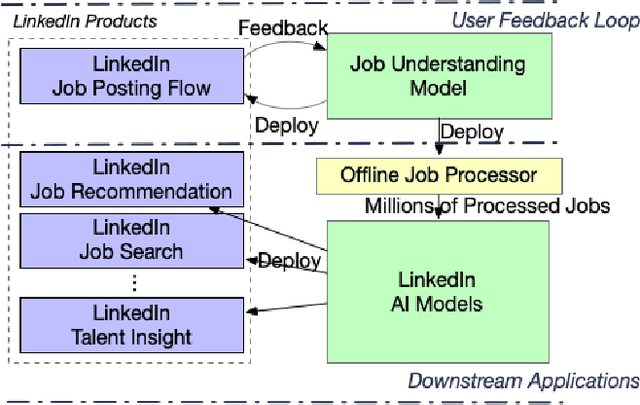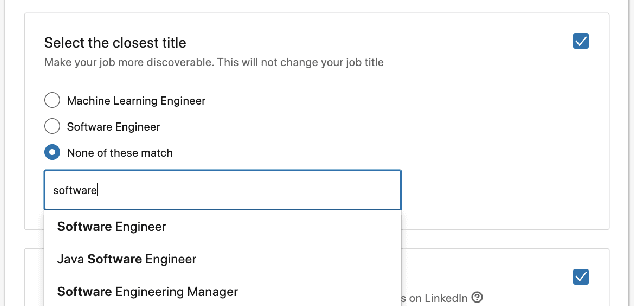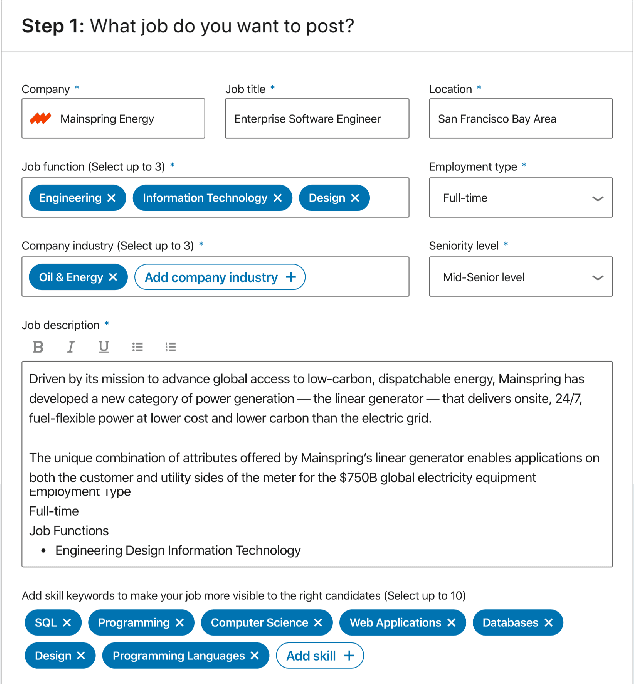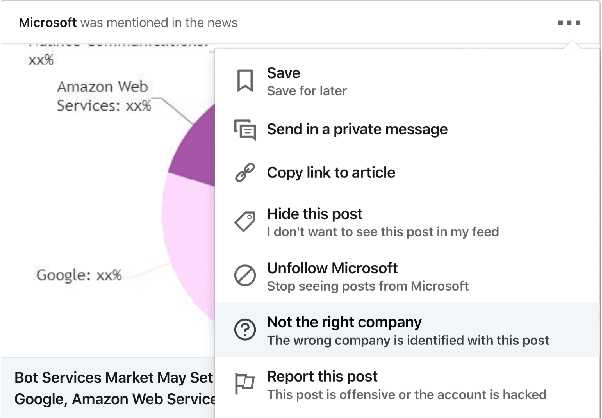Ji Yan
LARP: Language-Agent Role Play for Open-World Games
Dec 24, 2023Abstract:Language agents have shown impressive problem-solving skills within defined settings and brief timelines. Yet, with the ever-evolving complexities of open-world simulations, there's a pressing need for agents that can flexibly adapt to complex environments and consistently maintain a long-term memory to ensure coherent actions. To bridge the gap between language agents and open-world games, we introduce Language Agent for Role-Playing (LARP), which includes a cognitive architecture that encompasses memory processing and a decision-making assistant, an environment interaction module with a feedback-driven learnable action space, and a postprocessing method that promotes the alignment of various personalities. The LARP framework refines interactions between users and agents, predefined with unique backgrounds and personalities, ultimately enhancing the gaming experience in open-world contexts. Furthermore, it highlights the diverse uses of language models in a range of areas such as entertainment, education, and various simulation scenarios. The project page is released at https://miao-ai-lab.github.io/LARP/.
Deep Job Understanding at LinkedIn
May 29, 2020



Abstract:As the world's largest professional network, LinkedIn wants to create economic opportunity for everyone in the global workforce. One of its most critical missions is matching jobs with processionals. Improving job targeting accuracy and hire efficiency align with LinkedIn's Member First Motto. To achieve those goals, we need to understand unstructured job postings with noisy information. We applied deep transfer learning to create domain-specific job understanding models. After this, jobs are represented by professional entities, including titles, skills, companies, and assessment questions. To continuously improve LinkedIn's job understanding ability, we designed an expert feedback loop where we integrated job understanding models into LinkedIn's products to collect job posters' feedback. In this demonstration, we present LinkedIn's job posting flow and demonstrate how the integrated deep job understanding work improves job posters' satisfaction and provides significant metric lifts in LinkedIn's job recommendation system.
 Add to Chrome
Add to Chrome Add to Firefox
Add to Firefox Add to Edge
Add to Edge